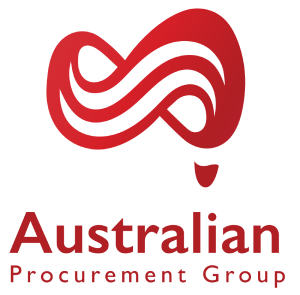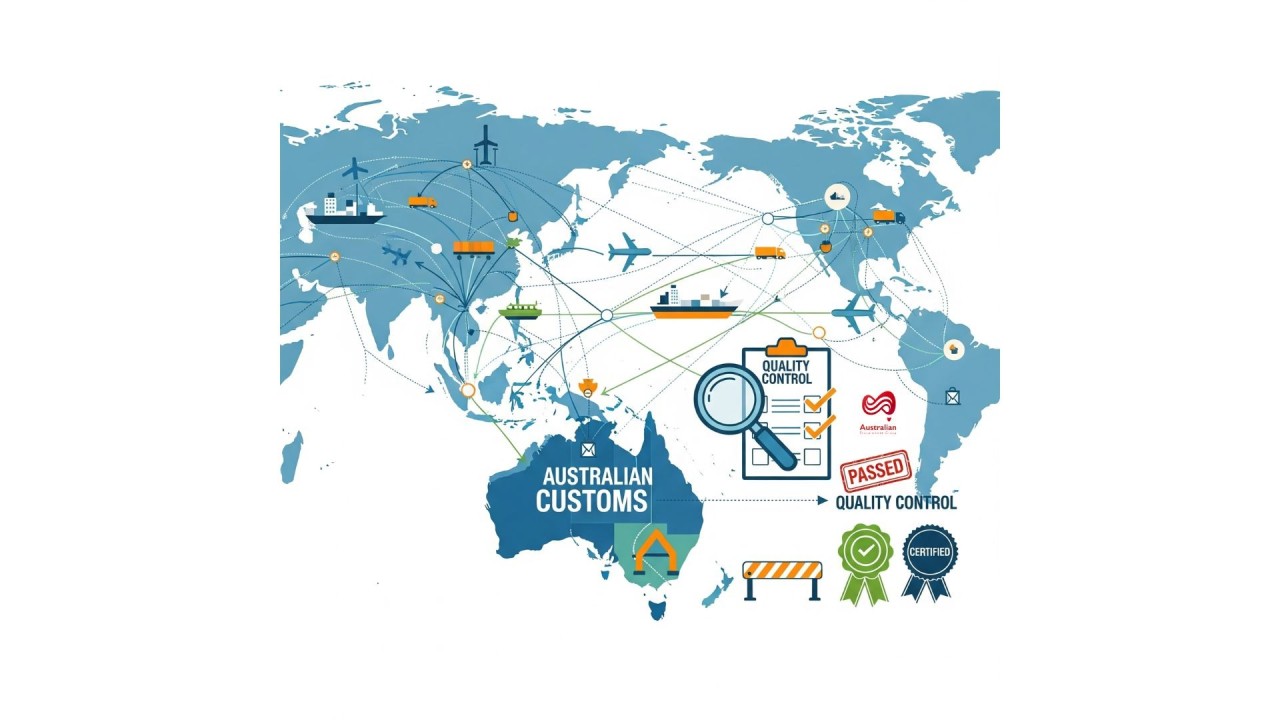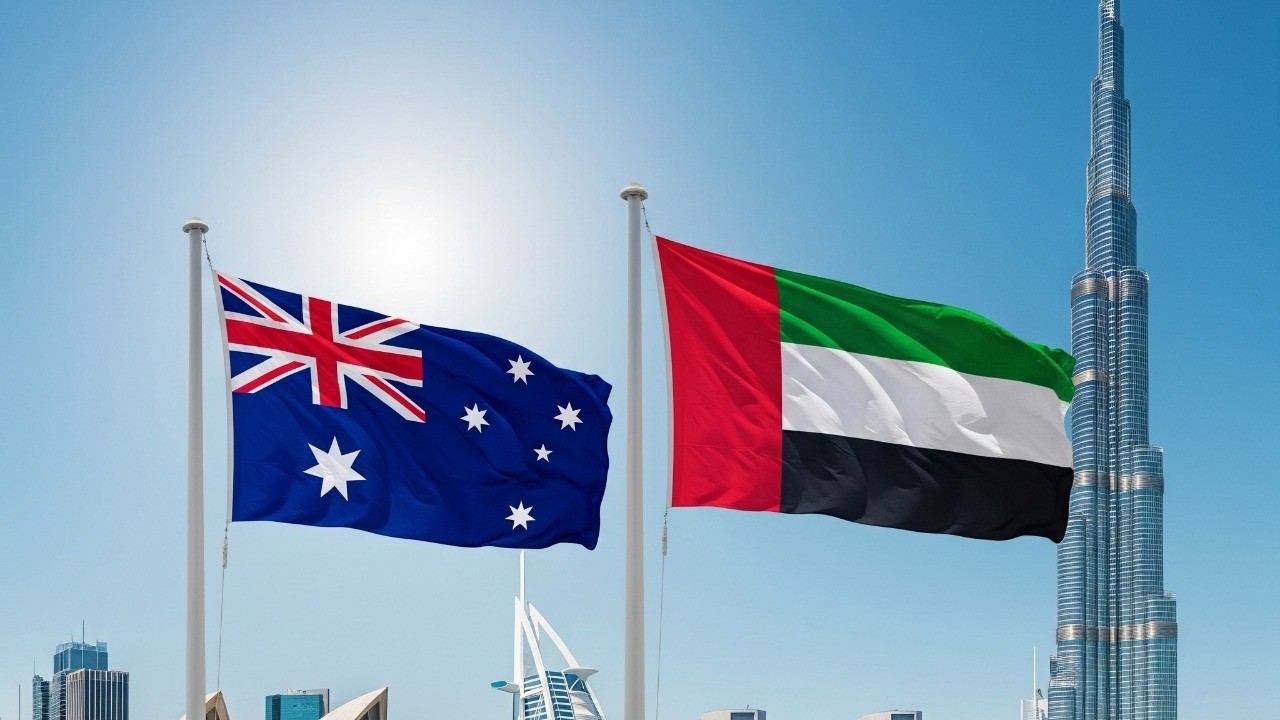The Australian trade environment has undergone significant changes in 2025, with new policies focused on enhanced integrity, safety, and digital efficiency now fully implemented. These updates are directly reshaping how businesses manage quality control and logistics, presenting both new challenges and opportunities for importers and exporters.
At the forefront of these changes is the strengthened Customs Amendment Legislation 2024, enacted and coming into effect in early 2025,which has introduced more stringent integrity checks for customs brokers and importers. This aims to bolster border security and combat illicit trade, as evidenced by a 2025 ABF report that shows a 20% increase in the detection and seizure of illicit and counterfeit goods at Australian borders compared to the previous year (Australian Border Force, 2025). This policy benefits importers by promoting a more secure and reliable supply chain. However, it also presents a challenge, as a study by the Freight and Trade Alliance indicates that the new due diligence requirements have led to a 15% rise in administrative costs for some small-to-medium enterprises (Freight & Trade Alliance, 2025).
Another major policy shift is the nationwide ban on engineered stone, which took effect on January 1, 2025, due to health risks. This has forced importers to seek alternative materials, causing short-term supply chain disruptions and higher initial costs, but it also aligns Australia with global sustainability and safety standards. Similarly, the enhanced Illegal Logging Prohibition Rules require more rigorous due diligence for timber and timber products, giving Australia a stronger reputation as a responsible trading nation. This commitment to ethical sourcing is a key factor in advancing trade negotiations, as noted in a 2025 statement from the Department of Foreign Affairs and Trade, particularly with partners who value sustainability (Department of Foreign Affairs and Trade, 2025).
For exporters, while a more secure domestic supply chain reduces the risk of goods being rejected at international borders, they now face new scrutiny of their inputs. According to the Export Council of Australia, some exporters are experiencing a temporary increase in documentation as they adapt to the new digital reporting standards and traceability requirements introduced by the ABF’s push for a paperless trade environment (Export Council of Australia, 2025). While this change may add complexity in the short term, it ultimately enhances Australia’s global reputation and streamlines processes through digital trade facilitation.
Navigating this new trade reality requires a proactive and informed approach. To ensure your business not only survives but thrives, it is crucial to seek expert advice. Firms with deep knowledge of both logistics and customs law can help you implement new processes, mitigate costs, and ensure full compliance. For a seamless transition and a competitive edge, we recommend contacting APGto turn these regulatory challenges into strategic advantages.






